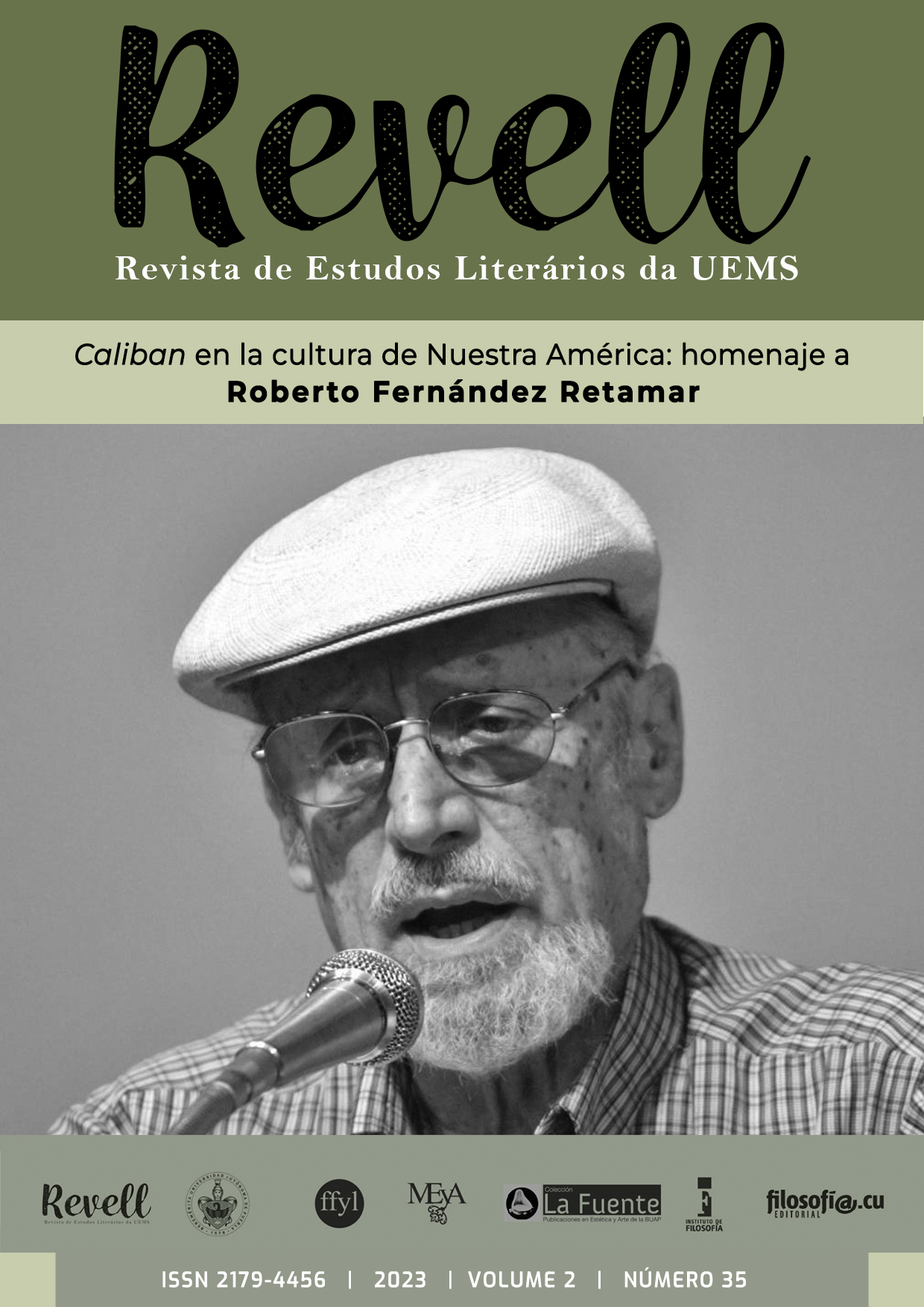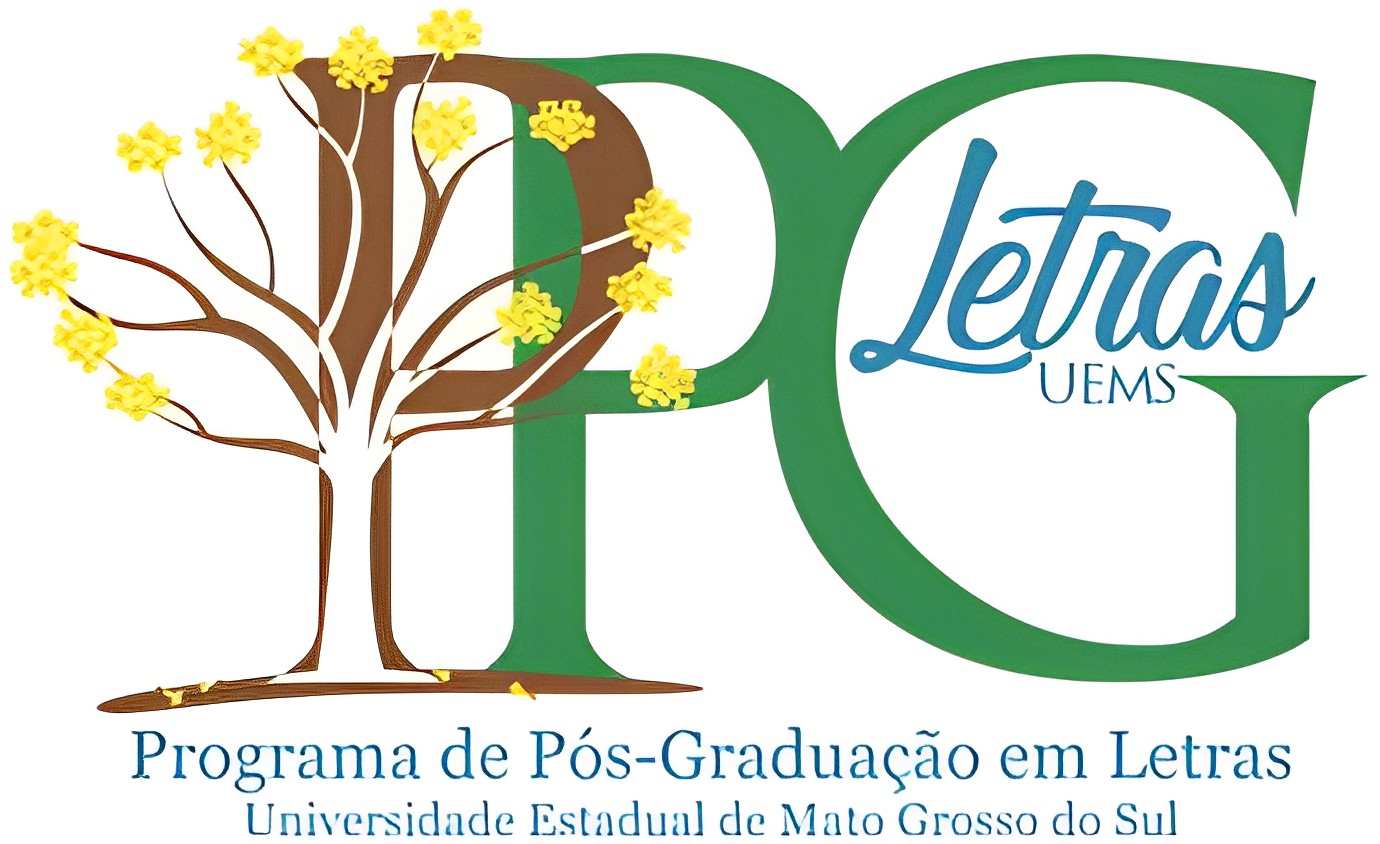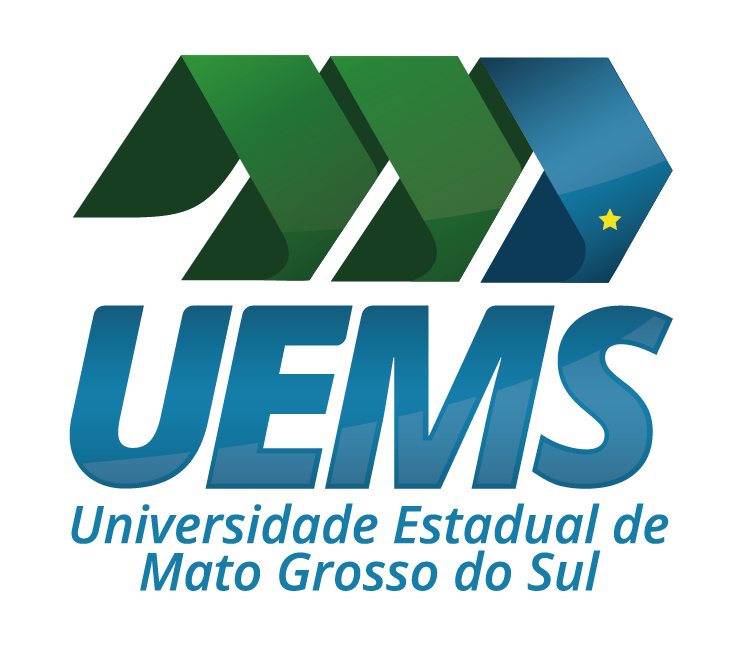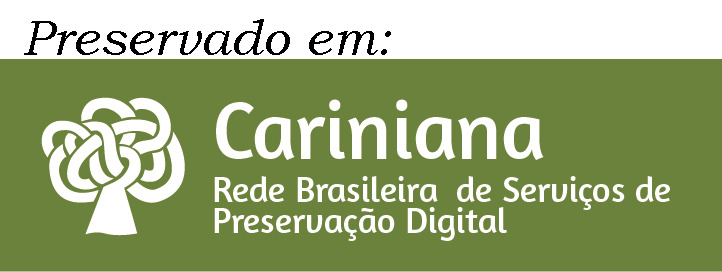Caliban in the culture of our America
Tribute to Roberto Fernandez Retamar
DOI:
https://doi.org/10.61389/revell.v2i35.6875Keywords:
literature, philosophy, revolution, Spanishness, our AmericasAbstract
I centered this tribute to the ever-loved Roberto Fernández Retamar on Calibán, the uneducated savage, illiterate as we were called in the studies of our America. The Europeans. To reach the cannibal, they traveled through Ariel, god of the wind, who was credited with having raised the flag of Hispanity against northern imperialism and the "nomonology" of the inhabitants of our America. Rodó pointed to the enemy—however, the cure was limited to repeating the same motto: we are (without being) Spanish by language (they took away our religion, ethos and other customs). Inheritance is not the point to discuss, but do we accept going back to the colony, or not?
The "not" is accompanied by taking Caliban by the arm, the wild slave capable of making a new, ours and revolutionary culture emerge. We are Caliban and it is necessary to admit it. With this Caliban emblem, Roberto Fernández Retamar travels through the history of our Continent, dividing social and individual tendencies into revolutionaries, or Calibans, and anti-Calibans, or reactionary enemies of our great contribution to world history—namely, the Cuban Revolution that, without a doubt, vibrated and vibrate in favor of the people.
Fernández Retamar offers a literature of revolutionary content today, and not the ideal of Hispanidad [Spanishness].
This has happened since 1971. Today, that project has been exceeded. Shakespeare took the first step by putting both social trends on the horizon; the revolution was accepted as an innovative form by Calibanesque.
References
FERNÁNDEZ RETAMAR, Roberto, Calibán apuntes sobre la cultura de nuestra América. México, Editorial Diógenes, 1971.
FERNÁNDEZ RETAMAR, Roberto, Pról. y notas Abelardo Villegas. SEP/UNAM, 1982 (Clásicos Americanos, 30).
FERNÁNDEZ RETAMAR, Roberto, Obras, 1957-1967, La Habana, 1970, tomo II,
LA JORNADA, Rayuela , lunes 6 de diciembre de 2021, año 38, núm. 13426, p. 36.
MARIÁTEGUI, José Carlos, Siete ensayos de interpretación de la realidad peruana. La Habana. 1963
MONTAIGNE, Miguel, De los caníbales 1580, Ensayos C. Román y Salamero,t. I, Clásicos Jackson, Buenos Aires. 1948.
RENAN. Ernesto, Calibán, (1878). Caliban [continuación de La Tempête]. Ρaris: Calmann-Lévy, Éditeurs.
SHAKESPEARE, W. , Obras completas. Luis Astrana Marín. Madrid,1961.
RODÓ, José Enrique, Ariel. Estudio crítico y pról. Leopoldo Alas (Clarín). Buenos Aires, Espasa-Calpe Argentina S.A., 1948 (Col. Austral, 866).
Downloads
Published
How to Cite
Issue
Section
License
Copyright (c) 2023 REVELL - REVISTA DE ESTUDOS LITERÁRIOS DA UEMS

This work is licensed under a Creative Commons Attribution 4.0 International License.
DECLARAÇÃO DE ORIGINALIDADE E EXCLUSIVIDADE E CESSÃO DE DIREITOS AUTORAIS
Declaro que o presente artigo é original e não foi submetido à publicação em qualquer outro periódico nacional ou internacional, quer seja em parte ou na íntegra. Declaro, ainda, que após publicado pela REVELL, ele jamais será submetido a outro periódico. Também tenho ciência que a submissão dos originais à REVELL - Revista de Estudos Literários da UEMS implica transferência dos direitos autorais da publicação digital. A não observância desse compromisso submeterá o infrator a sanções e penas previstas na Lei de Proteção de Direitos Autorais (nº 9610, de 19/02/98).




















